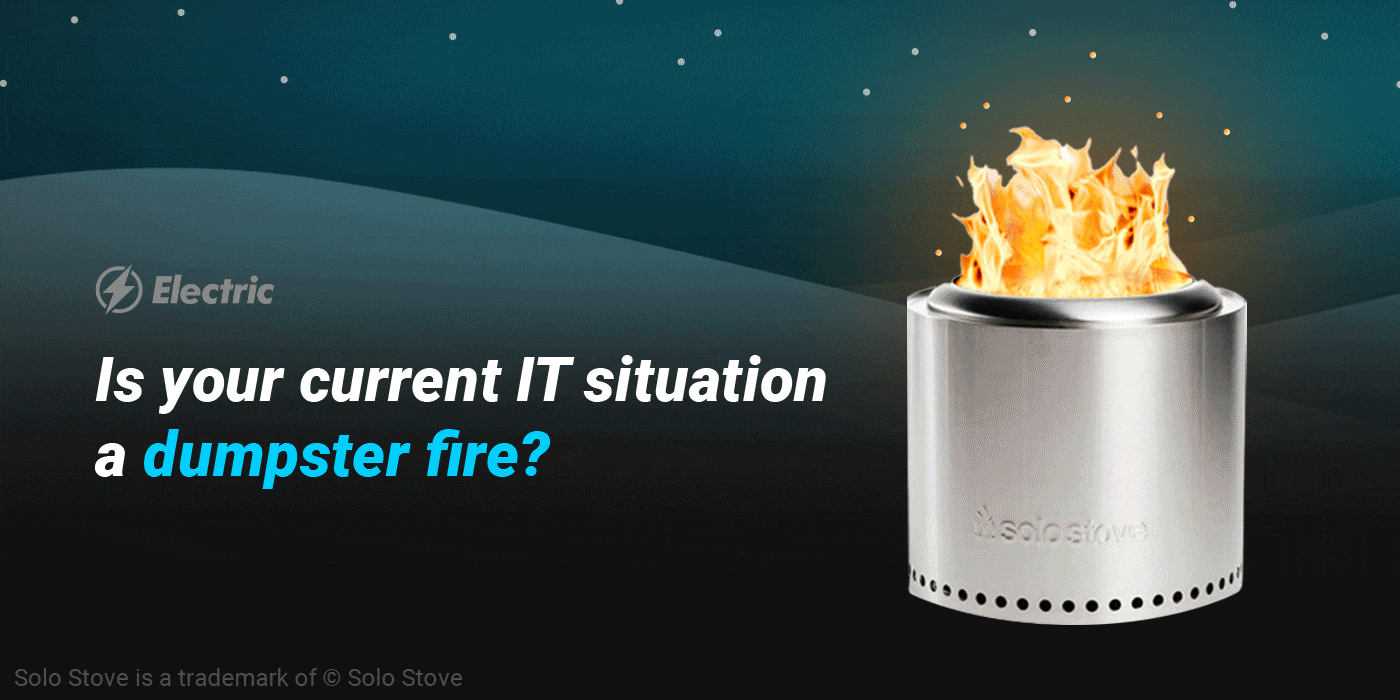It’s Monday, again. But it’s not just any Monday: It’s Spreadsheet Day. Whether you’re on team Google Sheets or Microsoft Excel (who are we kidding? Google Sheets, all the way), celebrate the day by creating yet another super helpful doc that you’ll refer to once and never again.
In today’s edition:
 Seeking disclosure Seeking disclosure
 Work from Work from home abroad
—Aman Kidwai, Erin Grau
|
|
Ajijchan/Getty Images
Though many leading companies have started publishing workforce diversity reports, the breadth and depth of these disclosures varies widely from organization to organization, and can sometimes obfuscate reality. One company that stands out for its effort is Gusto, an HR software company, which sends a monthly workforce-representation report to all employees.
“It shows that it’s a priority, as opposed to a vanity piece,” Bernard Coleman III, chief diversity and engagement officer at Gusto, told HR Brew, adding that he has not seen this practice used anywhere else. “As a new hire, it makes you feel confident.”
As the business world continues its attempt to make good on the vast social equity promises made in the summer of 2020, diversity-data disclosure is on the rise. Between January 2021 and September 2021, the share of Russell 1000 companies disclosing at least some “racial and ethnic” workforce data increased from 32% to 55%, according to JUST Capital.
These companies are disclosing their workforce-diversity data in order to demonstrate transparency, a commitment to company values, and perhaps also to appease the markets. Investors, along with employees and customers, are more interested in these figures than ever before. Companies committed to the highest level of disclosure performed 2.4% better over a study period of eight months than their Russell 1000 counterparts that did not.
This may not be a causal relationship; it may be that companies willing to disclose are better run—with strong company leadership, HR practices, and thriving cultures—and that’s why they perform better. Either way, there seems to be some correlation between having strong diversity data disclosure practices and company success.
Keep reading here.—AK
Do you work in HR or have information about your HR department we should know? Email [email protected] or DM @AmanfromCT on Twitter. For completely confidential conversations, ask Aman for his number on Signal.
|
|
|
It’s always a scorcher in the HR department, especially when IT issues start to ignite. You’re so busy juggling payroll and onboarding new employees. A tech issue? Might as well call the fire department.
That’s where Electric comes in. They provide lightning-fast IT support through Slack or Teams, x-boarding in just 5 minutes, and 200+ IT technicians ready to tame any tech-related inferno. Supporting more than 900 companies and 55k end users, Electric helps you spend more time on people and less time on operations.
Best of all, if you’re an IT decision-maker at a US company with 10–500 employees, they’ll gift you a free Solo Stove Ranger if you take a qualified meeting by October 31. A free personal fire pit and streamlined IT management? Sounds like a total blaze.
Fire IT support comin’ in hot here.
|
|
Francis Scialabba
Welcome to our regular HR advice column, Ask a Resourceful Human. Here to answer all of your burning questions is Erin Grau, the co-founder and COO of Charter, a media and services company that aims to transform the workplace. Erin has over 15 years of experience at the intersection of talent and operations in global organizations and startups, including the New York Times and Away. You can sign up for the free Charter newsletter about the future of work here.
Do you have a sneaking suspicion that some of your remote workers may be working more remotely than others? It’s no wonder: Some employees have taken “work from anywhere” to heart by relocating abroad—and without telling HR. If your hunch is right, what are you to do?
If you suspect employees are already working in another country, are fielding employee requests to work abroad, or drafting a global mobility policy, start by educating staff about the implications of working outside of the US for an extended period of time.
When designing policies and employee education on this topic, work with your legal, IT, and finance teams to address (among other things):
-
Legal issues: Depending on where employees are working and for how long, they may need visas or permits. They may also be eligible for that country’s paid time off or health insurance benefits.
-
Taxes: Employees might have to pay taxes in the country they are staying in. As their employer, you would also have to monitor evolving tax laws in countries where employees reside.
-
Health and safety: Employees who are not fully covered by their healthcare plans outside the US might need to get supplemental medical insurance. Another thing worth considering is that the IT protocols you have in place may not cut it globally.
Keep reading here.—EG
What else are you wrestling with? Let us know at [email protected]. Anonymity is assured.
|
|
|
Unlock a connected workforce with video. And let Crystal Boysen, Vimeo’s chief people officer, show you how in her latest webinar. (Want more from Crystal? Check out her HR Brew fireside chat on Oct. 27 at 12pm ET, where she’ll reveal strategies and best practices for improving your org’s engagement and inclusion efforts.) Learn more here.
|
|
Today’s top HR reads.
Stat: Global insurers expect healthcare benefit costs to increase 10% in 2023. (WTW)
Quote: “Having to quickly learn a new job, then face drastic changes…can lead to anxiety for anyone. But for a neurodivergent employee, it can be insurmountably triggering and overwhelming.”—Anthony Pacilio, VP of neurodiverse solutions at employment firm CAI, on the challenges that can prevent neurodivergent people from maintaining full-time employment (the Washington Post)
Read: As remote work has become increasingly more common, so too have communication gaps and language barriers. (WorkLife)
Hybrid work revisited: More companies are offering hybrid options, even as the world returns to normal-ish. But are we doing it right? Microsoft’s new web series can show you the way. Join the conversation here.*
The engagement era: On Oct. 27, HR Brew is sitting down with some pros of industry to discuss how orgs can cultivate resilient leadership and workplace culture. Register for this virtual event here. Sponsored by Workday.*
*This is sponsored advertising content.
|
|
-
Apple informed employees that it would withhold the company’s new education and healthcare benefits from workers at its unionized store in Maryland.
-
The tip credit, a system that allows employers of restaurant servers and bartenders to count tips toward the minimum wage, is being challenged across the country.
-
Iceland has the best pension system in the world, according to the 2022 annual Mercer CFA Institute Global Pension Index.
-
Postal workers in the UK went on strike to demand improved pay and working conditions ahead of the holiday season.
|
|
Catch up on the top HR Brew stories from the recent past:
|
|
|







